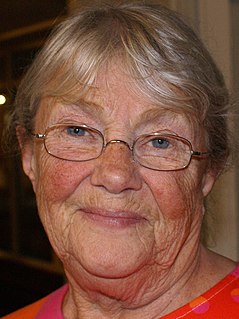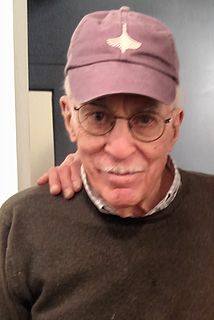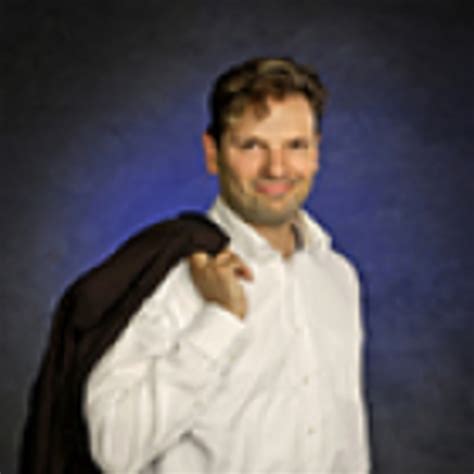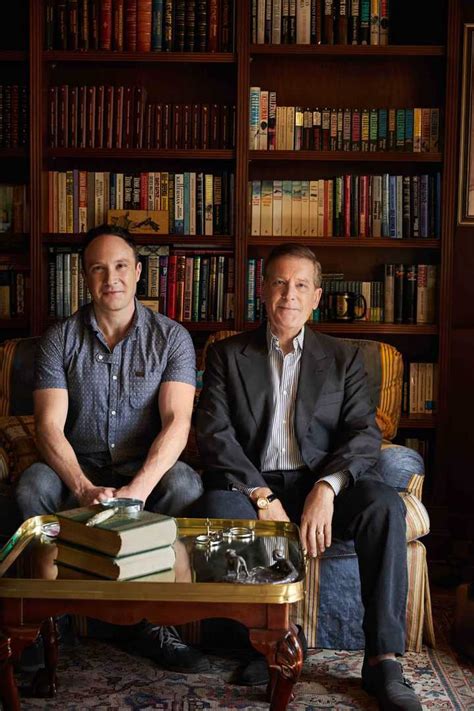A Quote by Maj Sjowall
I like Jo Nesbo and Hakan Nesser. There are so many good books in the world. I don't want to spend time reading bad crime novels.
Related Quotes
I was reading Raymond Chandler very much with the feminist eye. In six of his seven novels, it's the woman who presents herself in a sexual way, who is the main bad person. And then you start reading more fiction, whether crime fiction or straight fiction, it's just bad girls trying to make good boys do bad things, going all the way back to Adam and Eve. The woman that thou gavest me made me do it, Adam says to God.
Turn off your radio. Put away your daily paper. Read one review of events a week and spend some time reading good books. They tell too of days of striving and of strife. They are of other centuries and also of our own. They make us realize that all times are perilous, that men live in a dangerous world, in peril constantly of losing or maiming soul and body. We get some sense of perspective reading such books. Renewed courage and faith and even joy to live.
To see what books were available for my older students, I made many trips to the library. If a book looked interesting, I checked it out. I once went home with 30 books! It was then that I realized that kids' novels had the shape of real books, and I began to get ideas for young adult novels and juvenile books.
My platform has been to reach reluctant readers. And one of the best ways I found to motivate them is to connect them with reading that interests them, to expand the definition of reading to include humor, science fiction/fantasy, nonfiction, graphic novels, wordless books, audio books and comic books.
My first and most loved real novel was 'Little Women.' I identified with the Jo character even though we were opposites. Jo was very strong-minded and brave, and I was shy and kind of a wuss, everyplace but in my own home. I wanted to be Jo. She was my alter ego. I think reading that book gave me courage.
Crime novels have a clear beginning, middle, and end: a mystery, its investigation, and its resolution. The reader expects events to play out logically and efficiently, and these expectations force the writer to spend a good deal of time working on macrostructure rather than prettifying individual sentences.



































